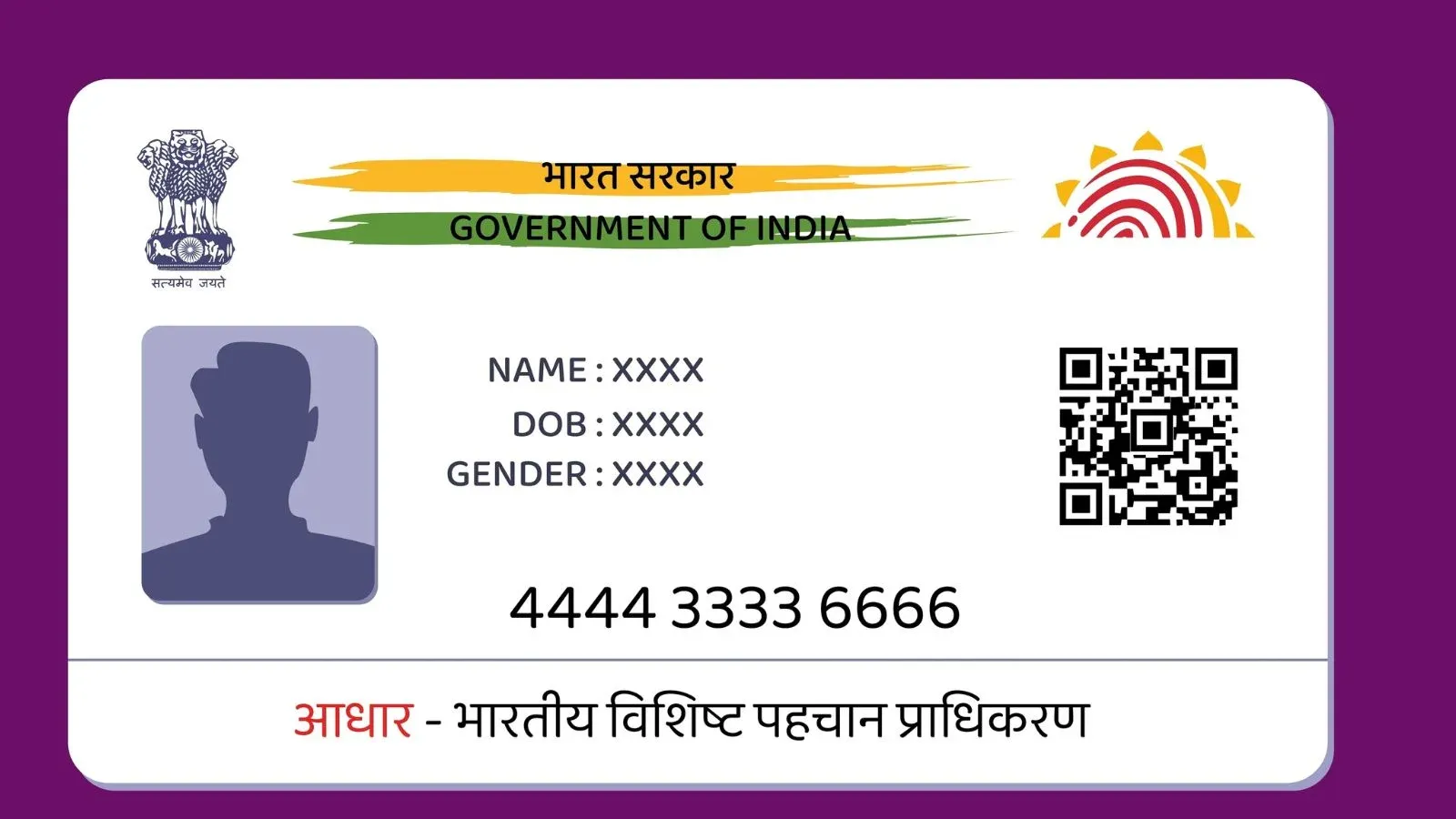Business News
No name, no number? UIDAI mulls Aadhaar card with only photo, QR code
.png)
3 min read | Updated on November 19, 2025, 09:05 IST
SUMMARY
The Unique Identification Authority of India (UIDAI) is considering issuing a simplified Aadhaar card that contains only the holder’s photograph and a QR code, in an effort to curb data misuse and discourage the collection of Aadhaar photocopies by hotels, event organisers and other entities.

UIDAI CEO Bhuvnesh Kumar said that the authority is considering introducing a new rule in December to discourage offline verification.
The Unique Identification Authority of India (UIDAI) is weighing a plan to issue a simplified version of the Aadhaar card containing only the holder’s photograph and a QR code to prevent misuse of individuals' data and discourage offline verification practices, according to a top official.
In an online conference on a new Aadhaar app, UIDAI CEO Bhuvnesh Kumar said the agency may introduce a rule in December to deter entities such as hotels and event organisers from collecting photocopies of Aadhaar cards, which is barred under the Aadhaar Act.
“There is a thought process as to why there should be any detail on the card. It should be only a photo and a QR code,” Kumar said. “If we keep printing, then people will keep accepting what is printed. People who know how to misuse it will keep misusing it.”
The Aadhaar Act prohibits the collection, use or storage of Aadhaar numbers or biometric information during offline verification, but several businesses continue to gather and retain card copies, he said.
Legislation to curb such practices will be taken up for consideration by the Aadhaar authority on December 1.
“Aadhaar should never be used as a document. It should only be authenticated with the Aadhaar number or verified using a QR code. Otherwise, it can be a fake document,” Kumar said.
UIDAI met with banks, hotels, fintech firms and other stakeholders to update them on a new Aadhaar app expected to be rolled out soon.
The new app is expected to fine-tune tune Aadhaar authentication service in line with the Digital Personal Data Protection Act, which will be completely operational in 18 months.
The app will allow users to update address documents and add family members who do not own mobile phones. It will also enable Aadhaar holders to update mobile numbers within the family using face authentication.
Kumar said the new platform will replace the existing mAadhaar app and simplify authentication for entities that need to verify individuals, functioning similarly to the DigiYatra digital identity system used at airports.
A UIDAI official said the app will support verification for several use cases, including entry to events or cinema halls, hotel check-ins, access to residential complexes, student verification and purchases requiring a minimum age of 18.
UIDAI has published guidelines for offline verification seeking entities (OVSEs) on updating their systems. OVSEs will be able to verify individuals both online and as proof of physical presence using a QR-code-based process paired with face authentication, the official said.
“We will open an application for OVSE very soon. We will verify details of OVSE, and once approval is done, then OVSE will have to initiate technical integration to access a QR code for updating data from the Aadhaar database,” the official said.
By signing up you agree to Upstox’s Terms & Conditions
About The Author
Next Story

